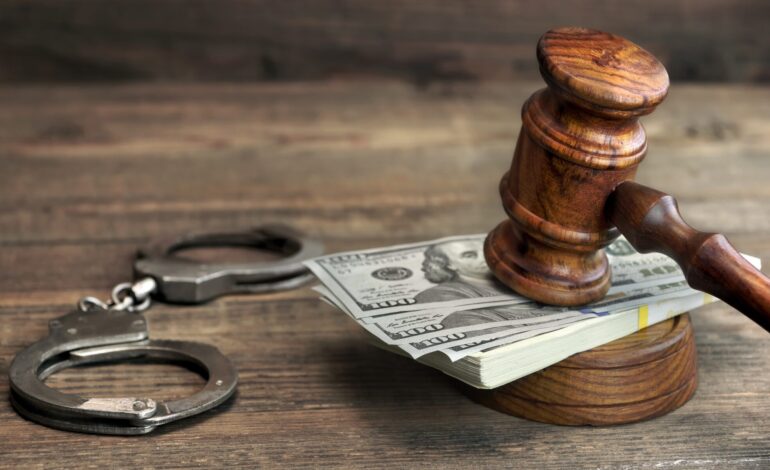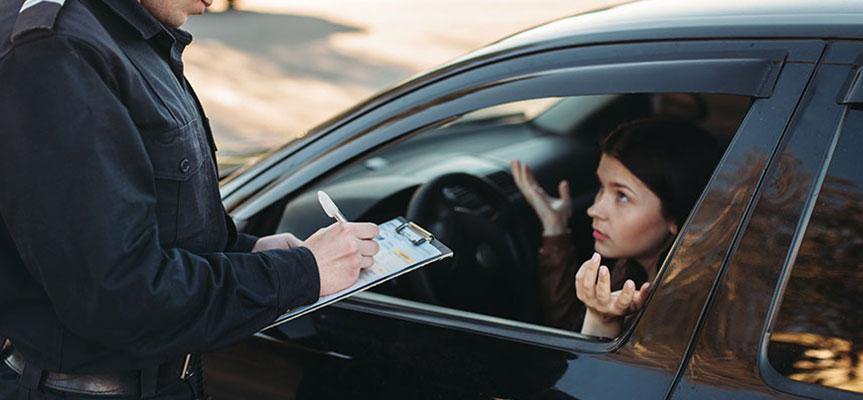
Cash Bail vs. Bail Bonds: What’s the Difference?
If you’ve ever found yourself trying to understand the criminal justice system, you’ve probably come across terms like “cash bail” and “bail bonds.” They might sound similar, but they work quite differently. So, what’s the deal with these two options?
What Is Cash Bail?
Cash bail is as straightforward as it sounds. It’s the money someone pays upfront to get released from jail before their trial. The idea is simple: pay the court a certain amount, and they’ll let you out until it’s time to appear in court. Once you show up for all required hearings, you’ll get that money back (minus any fees, if applicable).
The court determines the bail amount based on a few factors, like the severity of the crime, your criminal history, and whether they think you might skip town. Sometimes, this amount can be fairly reasonable, but other times, it’s downright overwhelming. For many people, it’s not easy to come up with hundreds or even thousands of dollars at a moment’s notice.
Enter Bail Bonds: The More Accessible Option
If paying a large sum of cash upfront isn’t realistic for you (and let’s face it, for most people, it isn’t), bail bonds from Balboa Bail Bonds are here to help. A bail bond is essentially a loan provided by a bail bond agent or company. Instead of paying the full bail amount yourself, you pay a small percentage—typically 10-15%—to the agent, and they cover the rest.
Here’s the catch: that percentage you pay to the bail bond agent isn’t refundable. Even if you show up to every court date, that fee is considered payment for the service they’ve provided. But for many, this is still a more manageable option compared to scraping together the full cash amount.
Does this sound like a solution you’d consider? It’s a practical choice for individuals who can’t afford to tie up a large sum of money in cash bail but still want the freedom to be out of jail while awaiting their court date.
How Does a Bail Bond Work?
The process of getting a bail bond is pretty straightforward. First, you or a family member contacts a bail bond agent. The agent will ask for a few details, such as the bail amount, your charges, and some personal information. Once you’ve agreed to pay their fee, they’ll handle the rest.
In most cases, the agent may require collateral to secure the bond. This could be anything of value, like property or a vehicle, to ensure you don’t skip your court date. If you follow through on your obligations and attend all hearings, your collateral is returned.
Now, you might be wondering: why would someone choose this route? The answer lies in accessibility. Bail bond services provide a lifeline for those who don’t have a large sum of money sitting in their bank account. They allow you to regain your freedom without putting your financial stability on the line.
Key Differences Between Cash Bail and Bail Bonds
Let’s break this down even further:
● Upfront Cost: With cash bail, you pay the full amount upfront. With a bail bond, you only pay a percentage.
● Refundability: Cash bail is refundable if you attend all court dates. Bail bond fees, on the other hand, are not refundable.
● Financial Flexibility: Cash bail can be a burden for many, while bail bonds are designed to be more budget-friendly.
● Collateral: Bail bonds may require collateral, whereas cash bail does not.
Both options aim to ensure you appear in court, but the choice often comes down to what you can afford and how quickly you need to act.
Why Bail Bonds Are a Valuable Option
Bail bonds sometimes get a bad reputation because they involve a fee, but let’s not overlook their value. They provide a crucial service that bridges the gap for people who can’t afford cash bail. Without this option, many individuals would be forced to remain in jail, which can lead to a host of challenges—job loss, family strain, and even mental health struggles.
Think about it: having the ability to continue your life outside of a jail cell while awaiting trial is incredibly empowering. Bail bond agents make that possible. They work quickly, understand the legal system, and help families navigate a stressful time. That level of support is worth the cost for many.
Which Option Is Right for You?
Deciding between cash bail and bail bonds ultimately comes down to your financial situation and personal priorities. If you can afford to pay the full bail amount upfront and want to avoid fees, cash bail might be the way to go. But if you’re like most people and need a more affordable option, a bail bond is a practical choice.
It’s not about one being “better” than the other—it’s about finding the option that works best for your circumstances. Bail bond services exist to provide accessibility and convenience when cash bail isn’t feasible. They’re here to help you get back to your life while navigating the court process.
The Bigger Picture
Understanding the difference between cash bail and bail bonds isn’t just about knowing how to get out of jail—it’s about understanding the system and making informed decisions. Both options serve the same purpose: to ensure you show up for court. But the way they go about it can have a big impact on your finances and your freedom.
By taking the time to explore your options, you can choose the solution that aligns with your needs. Whether you go with cash bail or a bail bond, what matters most is having the opportunity to prepare for your case while continuing your life outside the walls of a jail cell.
Why Understanding These Options Matters
Navigating the bail process doesn’t have to feel overwhelming. By knowing the key differences between cash bail and bail bonds, you’re better equipped to make the right choice for yourself or your loved one. It’s about more than money—it’s about maintaining your freedom, your responsibilities, and your peace of mind.
Now that you’ve got a clear picture of how these options work, which route would you choose?





